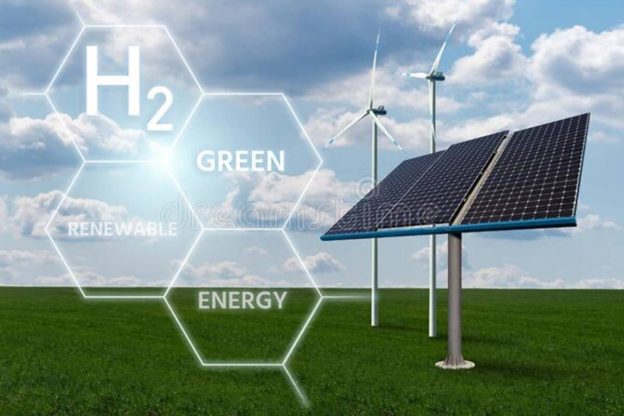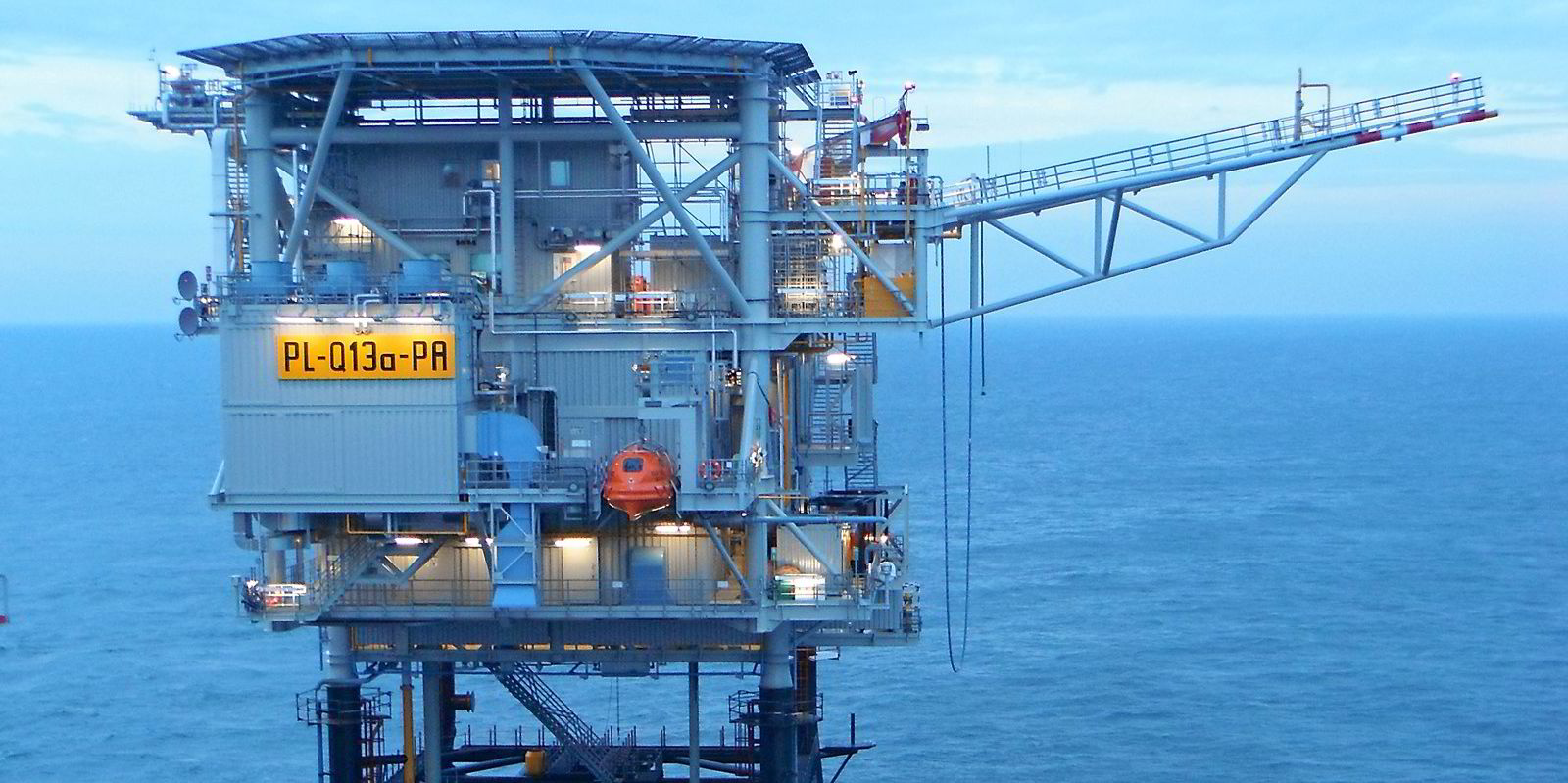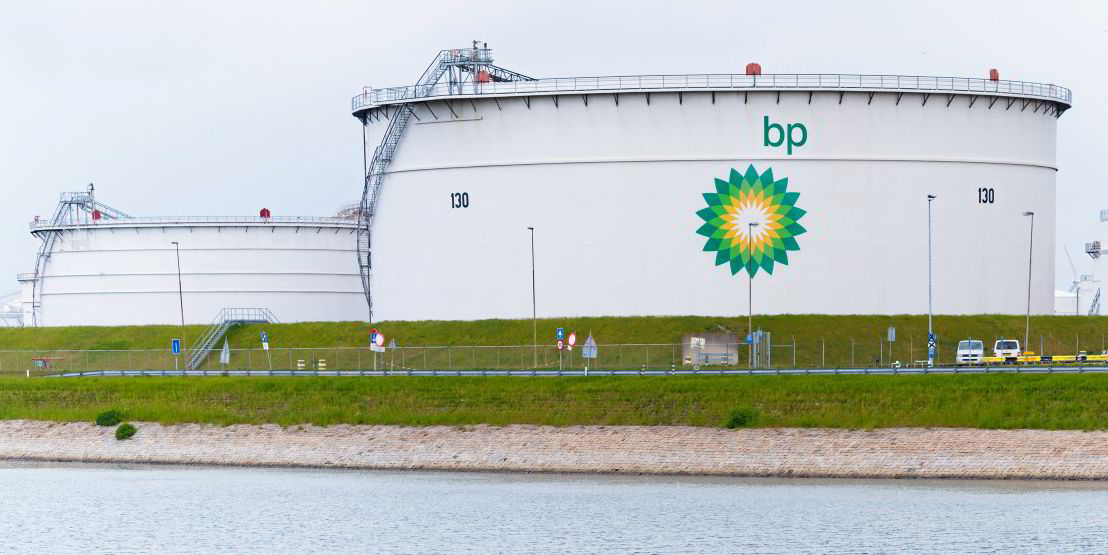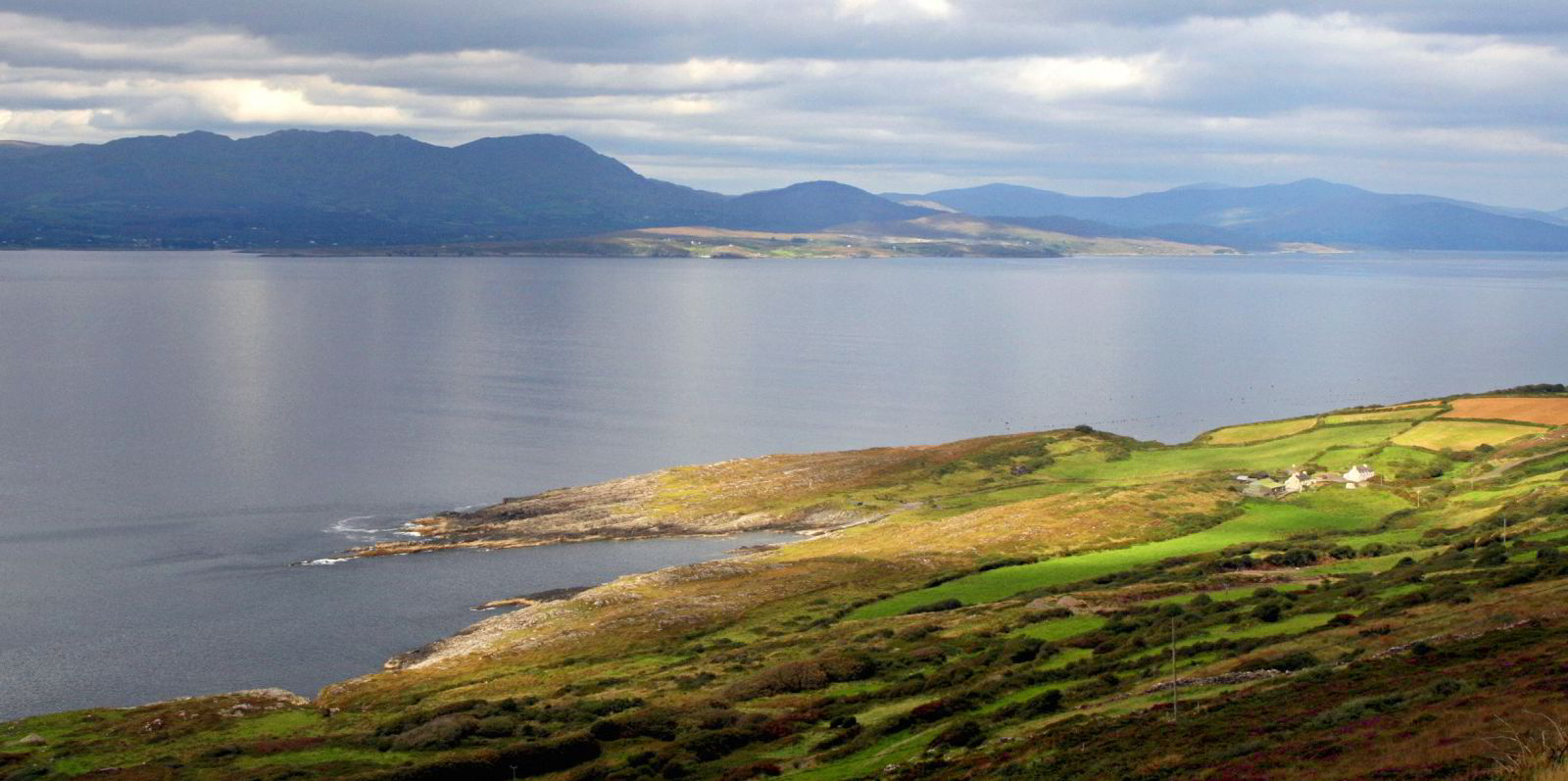German utility teams up with oil & gas developer Neptune Energy for 300-500MW H2Hopzee project ‘far out’ in Dutch North Sea
German utility RWE has announced plans to install 300-500MW of electrolysers “far out in the Dutch North Sea”, with the offshore wind-powered green hydrogen pumped to shore via an existing gas pipeline.
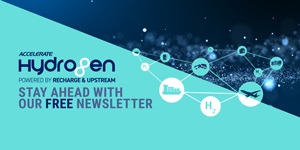
RWE and its development partner Neptune Energy, the largest offshore gas producer in the Dutch sector of the North Sea, hope to build the H2opZee project by 2030, if a soon-to-begin feasibility study shows it is commercially viable.
“The pipeline has a capacity of 10-12GW, so it is already suitable for the further roll-out of green hydrogen production to gigawatt scale in the North Sea,” RWE said in a statement.
By using an existing gas pipeline and placing the electrolysers offshore, the project would eliminate the need to install expensive long-distance high-voltage transmission lines.
Neptune, a UK-based independent oil exploration and production company, is already developing the €10m ($11.3m) 1MW PosHYdon pilot, which will place electrolysers on its fully electrified Q13a-A platform in the North Sea and pump the hydrogen to shore via existing gas pipelines.
“H2opZee is among the world’s first projects of this kind and scale,” said Sven Utermöhlen, chief executive of RWE Renewables’ offshore wind unit. “We want to develop the H2opZee project to demonstrate how offshore wind can be an ideal partner for the production of green hydrogen at scale, and to explore the best approaches to system integration.
“We are convinced that learnings from the H2opZee demonstration project will help in ramping-up the hydrogen economy in the Netherlands, as it presents an important step towards the roll-out of large-scale green hydrogen production offshore.”
Lex de Groot, Neptune’s Netherlands managing director, added: “The energy transition can be faster, cheaper and cleaner if we integrate existing gas infrastructure into new systems.
“The faster we can scale up green hydrogen at sea, the faster industry [sic] such as chemicals and steel production can become more sustainable.”
But Tom Baxter, a founding member of the Hydrogen Science Coalition, is not convinced.
“I spent 40 years in offshore oil and gas preparing engineering definition, CAPEX and OPEX estimates, safety reviews, environment reviews, economic analysis and risk assessments. How this concept can be better than onshore hydrogen production is beyond me,” he wrote on LinkedIn.
H2opZee is also being developed in conjunction with TKI Wind op Zee, “an initiative supported by the Dutch government that brings people, knowledge and financing together to realise the offshore energy transition”.
It is one of the 37 proposals submitted to the second round of the Dutch government’s National Growth Fund.
The co-developers admit that “a tender methodology has yet to be defined” for the project’s implementation.
https://www.rechargenews.com/energy-transition/north-sea-rwe-plans-to-pump-up-to-500mw-of-offshore-wind-powered-green-hydrogen-to-shore-via-existing-gas-pipe/2-1-1168640?utm_source=email_campaign&utm_medium=email&utm_campaign=2022-02-17&utm_term=recharge&utm_content=hydrogen




